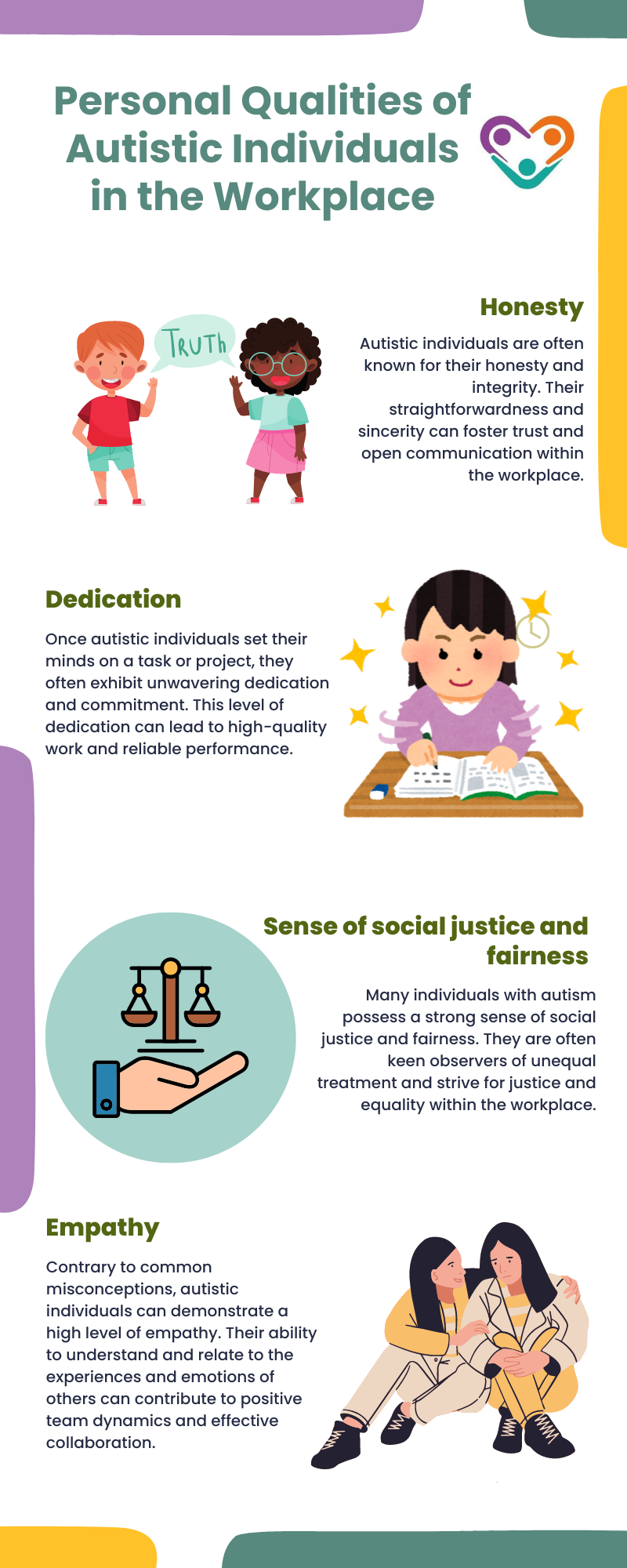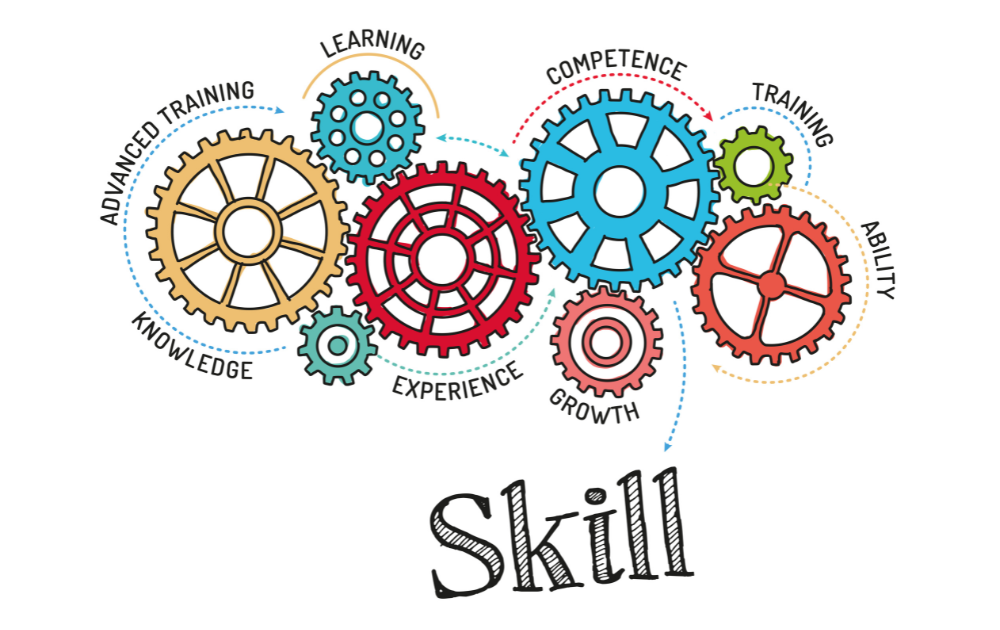Organization skills play a crucial role in daily life, helping us manage tasks, schedules, and routines. For individuals with autism, these skills can sometimes present unique challenges.
Exploring the connection between autism and organization skills is important because understanding these challenges can help provide better support and strategies for those on the spectrum.
In this article, we’ll look at why organization may be harder for autistic individuals and offer insights into how to improve these skills in practical ways.

Importance of Routines
For individuals with autism, developing and strengthening organization skills is crucial for navigating daily life and achieving academic performance and various settings. By providing the right support and strategies, we can help individuals with autism thrive in their everyday routines and responsibilities.
One important aspect to focus on is the importance of routines among autistic individuals.
Establishing and maintaining routines is highly beneficial for individuals with autism. Routines provide a sense of structure, predictability, and stability, which can help reduce anxiety and promote a sense of security. Having a daily routine allows individuals with autism to better manage their time, tasks, and responsibilities.
This provides a framework for organizing their day and helps them transition smoothly from one activity to another.
With routines, autistic individuals can develop a better understanding of expectations, establish good habits, and improve their time management skills. Routines can be created for various aspects of life, such as morning and bedtime routines, mealtime routines, and homework or work routines.
Strengthening Employment Skills
As far as employment goes, individuals with autism possess unique strengths and qualities that can contribute to their success in the workplace. By understanding and harnessing these abilities, we can strengthen their employment skills and create a more inclusive work environment.
There are two key aspects to consider here which are as follows:
Cognitive Advantages
Autistic individuals often showcase cognitive advantages that can be beneficial in various work settings. Some of these advantages include:
- Superior Creativity: Autistic individuals often exhibit exceptional creativity, allowing them to approach tasks in unique and innovative ways. This can lead to fresh perspectives and problem-solving techniques.
- Focus: Many individuals with autism demonstrate a remarkable ability to maintain an intense focus on specific tasks. This focused attention can contribute to increased efficiency and productivity.
- Memory Skills: Autistic individuals frequently possess superior memory skills, enabling them to retain and recall information with great accuracy. This can be particularly advantageous in roles that require attention to detail and information retention, such as data analysis or research.
Personal Qualities in the Workplace
In addition to their cognitive advantages, autistic individuals also bring valuable personal qualities to the workplace. Some of these qualities include:

Recognizing and valuing these cognitive advantages and personal qualities is essential in creating an inclusive work environment. Employers should strive to provide opportunities that allow individuals with autism to leverage their strengths and contribute meaningfully to the workplace.
Employment Challenges for Autistic Individuals
Although individuals with autism possess a range of skills and abilities, they often face specific challenges when it comes to employment. Understanding these challenges is crucial for creating a supportive and inclusive work environment.
Statistically, autistic individuals often encounter significant barriers when it comes to employment.
A survey conducted in the United Kingdom found that only 22% of autistic adults were employed. This is significantly lower than the employment rate of nondisabled adults (80%) and all disabled adults (54%).
These statistics highlight the need for increased awareness and support for autistic individuals in the workplace.
Misconceptions and lack of understanding about autism can contribute to the employment challenges faced by autistic individuals. Some common misconceptions include assumptions that autistic individuals are unable to work efficiently, lack social skills, or are unable to adapt to change.
However, these misconceptions fail to recognize the unique strengths and abilities that autistic individuals bring to the workplace.
Autistic individuals often offer a different perspective, drawing on their personal experiences, intense interests, and attention to detail. Their ability to focus and excel in specific areas can contribute to increased productivity and innovation.
Additionally, autistic individuals may be more willing to perform tasks that non-autistic employees might dislike, showcasing their dedication and commitment to their work.
To create an inclusivity in a work environment, it is essential to challenge these misconceptions and recognize the valuable contributions that autistic individuals can make. This can be possible by fostering understanding, providing appropriate support, and making reasonable accommodations.
How to Foster Workplace Inclusivity
Creating an inclusive work environment is essential for supporting the success and well-being of autistic individuals. By recognizing their strengths and providing necessary support and accommodations, employers can foster an inclusive workplace that values diversity.
Autistic individuals possess a range of employment-related strengths that should be recognized and valued. These strengths include cognitive advantages, personal qualities, and unique perspectives.
In terms of cognitive advantages, autistic individuals often exhibit superior creativity, focus, and memory. They may excel in attention to detail, pattern recognition skills, logical and systematic work approaches, and have an intense focus on tasks.
These cognitive strengths can contribute to increased efficiency and high-quality work output.
Additionally, autistic individuals demonstrate personal qualities that can be advantageous in the workplace. These qualities include honesty, dedication, a strong sense of social justice, fairness, and empathy.
To create an inclusive work environment, it is important to provide appropriate support and accommodations for autistic individuals. This can help them overcome challenges and fully utilize their strengths.
Here are some strategies that can be implemented:
- Clear and Consistent Routines: Establishing clear routines and providing predictability can help individuals with autism better manage their time and responsibilities.
- Visual Schedules: Visual schedules can be used to outline tasks and activities, providing a visual representation of the workday and aiding in organization and time management.
- Breaking Tasks into Smaller Steps: Breaking down tasks into smaller, more manageable steps can help individuals with autism approach complex projects or assignments more effectively.
Understanding the connection between autism and organization skills offers valuable insights into the unique strengths and challenges that individuals on the spectrum experience. We can help individuals with autism unlock their full potential to make organization a tool for success rather than a struggle.
With the right approach, these skills can not only improve daily life but also empower individuals to thrive in their personal and professional worlds. Golden Care Therapy offers specialized ABA programs in NJ, Indiana, Georgia, and New York to support individuals in reaching their full potential. Contact us if you want to learn more or if you want to schedule a consultation.



